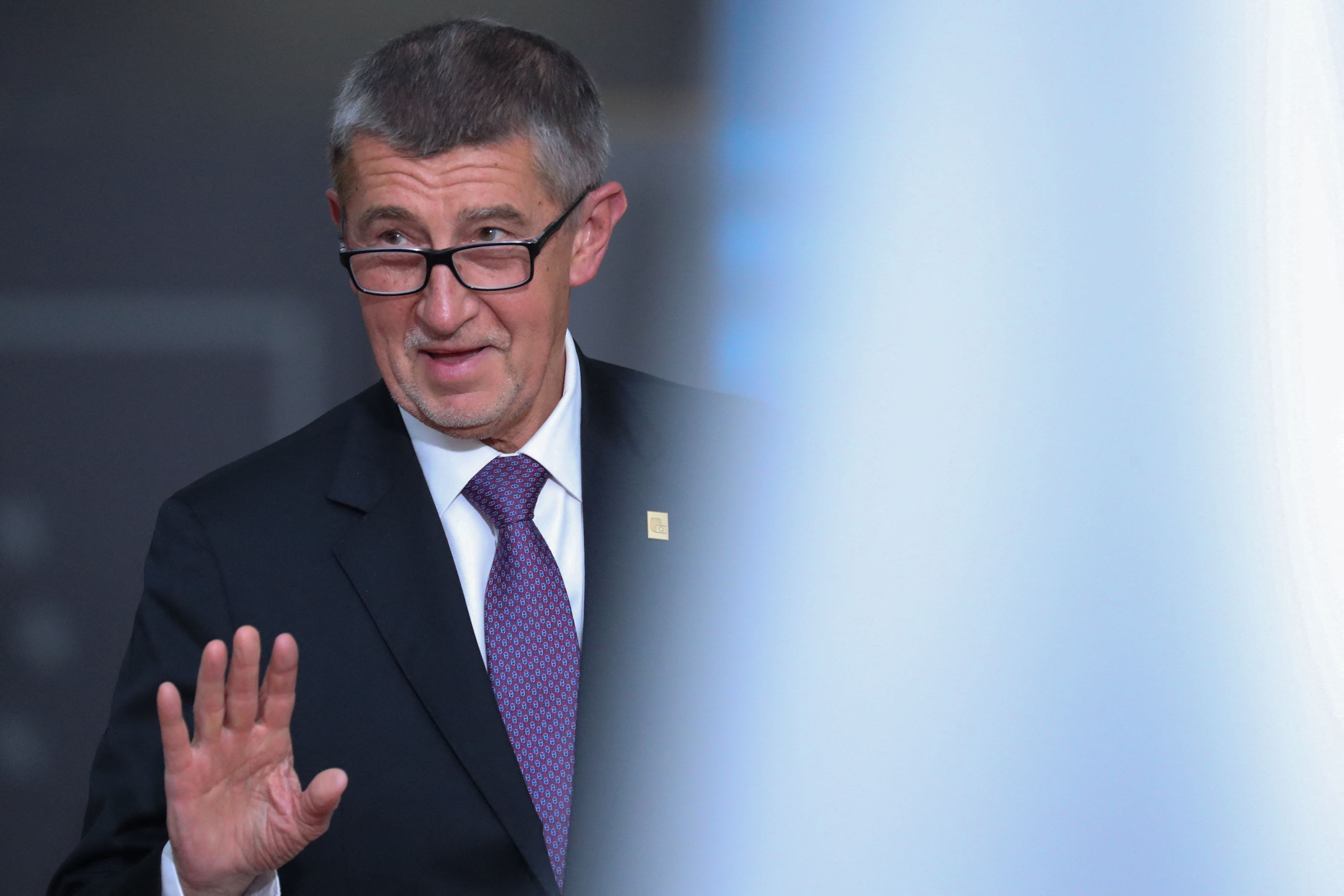
ISLAMABAD, : European Union representatives, key stakeholders and government officials came together at the final steering committee and the closing event to share the journey and results of the EU funded Huqooq-e-Pakistan (HeP) Project.
Initiated in 2019, the HeP Project was a joint initiative between the European Union and the Ministry of Human Rights to support the continued efforts of the Government of Pakistan to promote human rights. The project contributed to strengthen the institutional and policy framework at the federal and provincial levels to promote and protect human rights.
The Project included the development of a five-year strategic vision for the Ministry of Human Rights and the design of human rights policies and implementation frameworks for Gilgit-Baltistan, Balochistan and Sindh. The project team developed six training modules, which helped increase knowledge and skills of 148 government officers on Pakistan’s International Human Rights obligations and what these obligations stand for.
606 officials and 218 public prosecutors from Sindh and 278 officials and 102 public prosecutors from Balochistan were trained on ‘Human Rights Safeguards in the Administration of Justice.’ The training modules have been incorporated in the permanent curriculum of the Sindh and Balochistan Judicial Academies and the Prosecution Departments.
Support was provided to the Ministry of Human Rights, National Commission for Human Rights (NCHR), National Commission on the Status of Women (NCSW) and National Commission for the Rights of Children (NCRC) in increasing their digital outreach. The project developed the Human Rights Information Resource Portal for the Ministry.
Awareness-raising interventions on the rights of women, children, transgender, minorities and vulnerable segments of the society at the provincial and federal level took place. Campaigns on TV, radio, print and digital platforms reached more than 166 million persons.
In his closing remarks, Inamullah Khan, Federal Secretary Ministry of Human Rights Inamullah Khan, Federal Secretary Ministry of Human Rights commended EU Delegation for greatly contributing towards promotion of human rights in Pakistan. He appreciated the project team for its achievements despite the challenges. “I am confident these activities will become of an institutional part of MoHR in its future strategy and framework,” he said.
Thomas Seiler, Deputy Head of the Mission of the European Union underlined the importance of a continued dialogue of the EU with Pakistan on Human Rights and fundamental freedoms. He added: “This is also highlighted by the on-going visit to Pakistan of the EU Special Representative for Human Rights, Mr Eamon Gilmore. The EU plans to continue to work together with the Government of Pakistan, and with human rights institutions at federal and provincial levels as part of the bilateral cooperation and explore options for a follow-up programme based on lessons learned.”
















